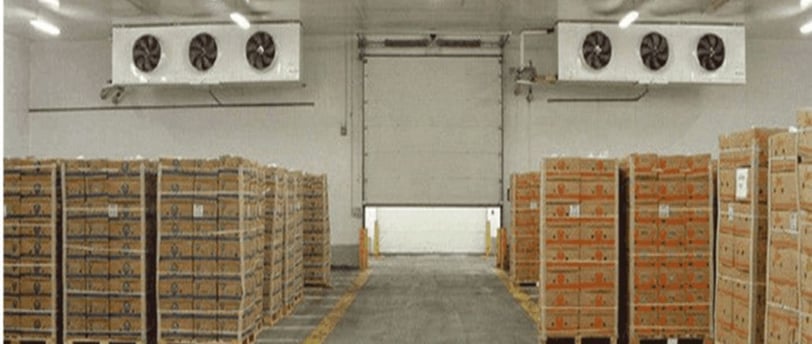The Importance of Cold Storage Facilities for Perishable Goods
Cold storage facilities, or cold rooms, are essential for preserving perishable goods and maintaining their quality over time. These facilities are designed to provide a controlled environment with specific temperature and humidity levels, ensuring that products such as food, pharmaceuticals, and flowers are stored optimally.
COLD ROOMS
10/30/20241 min read


Understanding Cold Storage Facilities
Cold storage facilities, often referred to as cold rooms, play a pivotal role in the preservation of perishable goods. These specialized environments are meticulously designed to maintain specific temperature and humidity levels, ensuring the integrity of various products over extended periods. From food items to pharmaceutical supplies and even flowers, the efficacy of these facilities directly impacts the quality and safety of stored items.
Key Components of Cold Storage Configurations
The construction of cold storage facilities involves several critical components that work in unison to create an optimal storage environment. Insulated walls are fundamental, as they serve to maintain a consistent internal temperature while minimizing energy consumption. This insulation not only ensures that temperature fluctuations are kept to a minimum but also helps in reducing overall operational costs.
Refrigeration systems are another central element of cold storage facilities. Depending on the specific needs of the products being stored, various refrigeration technologies can be employed. Vapor compression systems are among the most common, providing reliable cooling capabilities for a wide range of perishable items. However, in more advanced setups, alternative systems, such as absorption refrigeration or cryogenic cooling, might be utilized to improve efficiency and energy savings.
The Role of Climate Control Mechanisms
In addition to insulation and refrigeration, climate control mechanisms play a crucial role in maintaining the desired environment within cold storage facilities. These systems allow for precise monitoring and regulation of both temperature and humidity levels, which is particularly important for items such as fresh produce and pharmaceuticals. Ensuring optimal conditions can significantly increase the lifespan and quality of stored goods, preventing spoilage and waste.
Ultimately, cold storage facilities are a cornerstone of modern supply chains, enabling the safe storage of perishable goods across various industries. As demand for food safety and quality assurance continues to grow, the importance of these specialized environments cannot be overstated. Investing in advanced cold storage configurations not only benefits businesses but also enhances consumer satisfaction by delivering fresher, safer products.
HENGLIANG COOLING
We design, manufacture, and deliver cold storage solutions for a wide variety of needs, including industry chillers and ripening rooms, with worldwide shipping options available
SERVICES
CONTACT
© 2002-2025. All rights reserved.
Address
Xiamen, Fujian, China
Contacts
+86 18350573206
alan@xhllq.com
